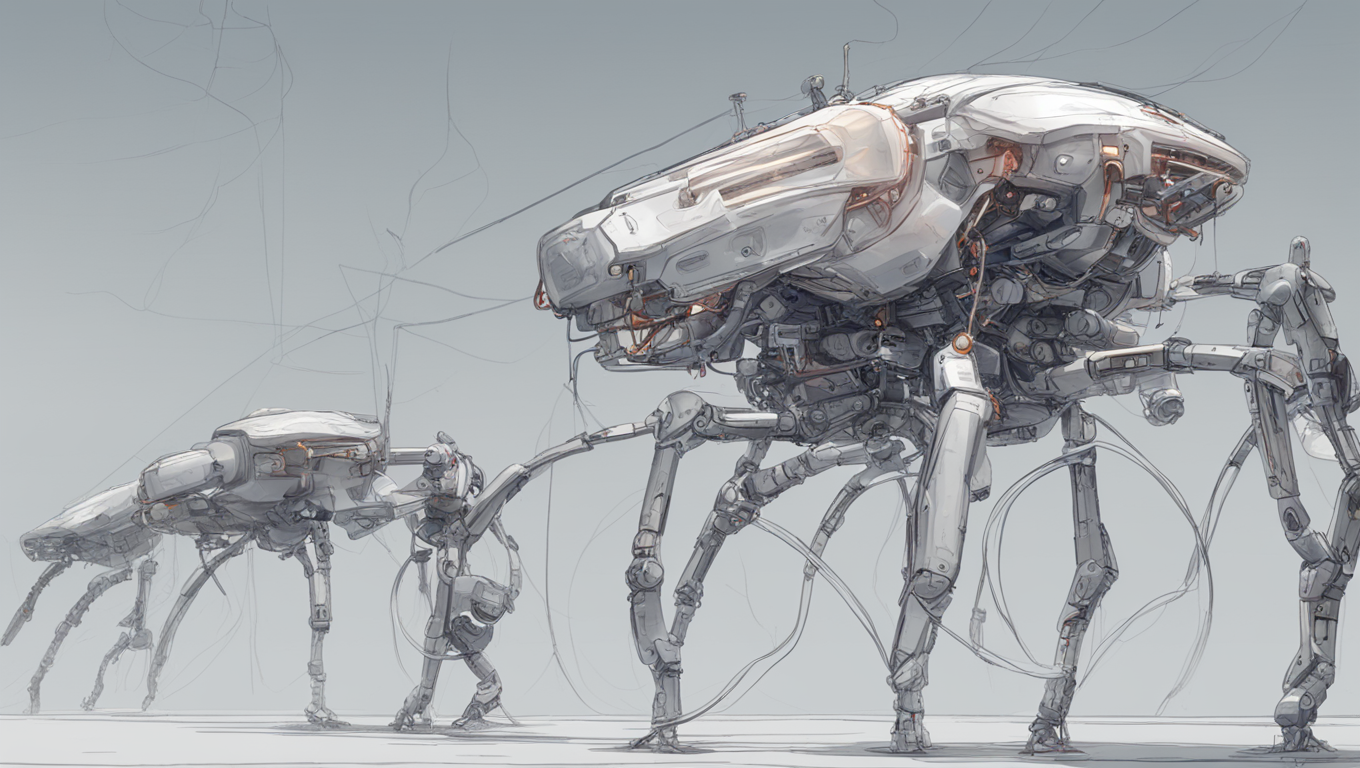In a groundbreaking development, the intersection of artificial intelligence and gene-editing is bringing us one step closer to unlocking the full potential of DNA manipulation. Building upon the success of generative AI technologies that have amazed us with their ability to write poetry and create stunning visuals, scientists have now created AI technology that can generate blueprints for microscopic biological mechanisms capable of editing our DNA.
Researchers from Berkeley, California, startup Profluent have published a research paper unveiling this incredible breakthrough. The technology is built upon the same methods used in ChatGPT, the chatbot that took the world by storm after its release in 2022, igniting the AI revolution. This integration of AI and gene-editing holds immense promise for the future of healthcare.
Imagine a world where illnesses and diseases can be precisely and swiftly addressed with unparalleled accuracy. This technology paves the way for scientists to combat genetic disorders and bring about revolutionary advancements in medical treatments. It promises to revolutionize the field of gene therapy by providing scientists with comprehensive blueprints for designing precise mechanisms to edit DNA.
Dr. Emily Carter, a leading geneticist at Profluent, explains, “We have unlocked a powerful tool that has the potential to reshape medicine as we know it. By leveraging the capabilities of AI, we can now design customized gene-editing mechanisms that target specific genes, allowing us to correct genetic abnormalities with an unprecedented level of precision.”
One of the key advantages of this AI-integrated gene-editing technology is its ability to rapidly adapt and improve. Driven by machine learning algorithms, the AI system can analyze vast amounts of genomic data, recognize patterns, and generate highly accurate blueprints for the required biological mechanisms. This unprecedented efficiency facilitates a much faster pace of medical progress, as new gene-editing tools can be designed and refined in a fraction of the time it would have taken before.
The potential applications of this technology are truly awe-inspiring. From genetic disorders to cancer treatments, the ability to precisely edit DNA opens doors to a vast array of medical breakthroughs. Dr. Sarah Chang, a renowned oncologist, states, “This technology is a game-changer for cancer treatments. With AI-generated DNA-editing mechanisms, we can target cancer cells specifically, delivering therapies that are more effective and less harmful to healthy cells.”
While the integration of AI and gene-editing holds immense promise, it also raises ethical concerns. The ability to manipulate our genetic code raises questions about the boundaries of human intervention in nature. Dr. Michael Thompson, a bioethicist, cautions, “As we venture into uncharted territories, it is essential that we proceed with caution. We must ensure that the ethical implications of these advancements are thoroughly considered and that we prioritize the well-being and autonomy of individuals.”
As we stand on the precipice of a new era in medicine, the fusion of AI and gene-editing offers unprecedented possibilities for improving human health. With the ability to design precise mechanisms for editing DNA, scientists are poised to confront diseases with an unparalleled level of accuracy and effectiveness. It is a testament to human ingenuity and the potential of technology to push the boundaries of what we once thought was possible. We can only imagine what new frontiers will be unlocked as we continue to explore the vast potential of AI in the realm of genetics.





Use the share button below if you liked it.